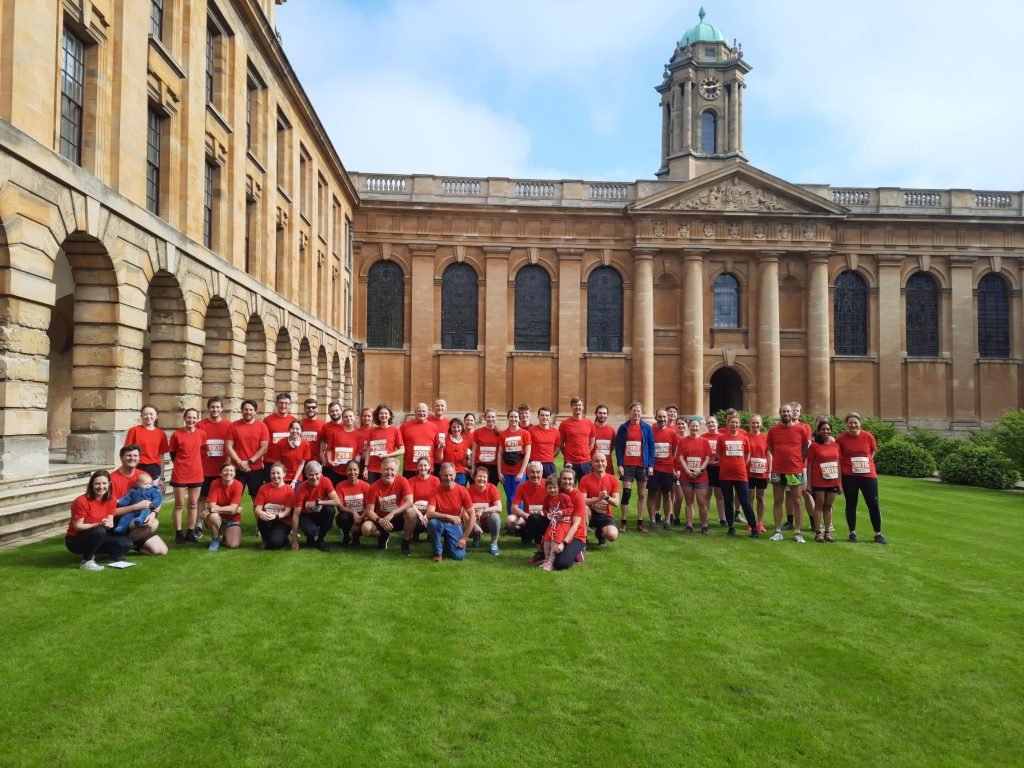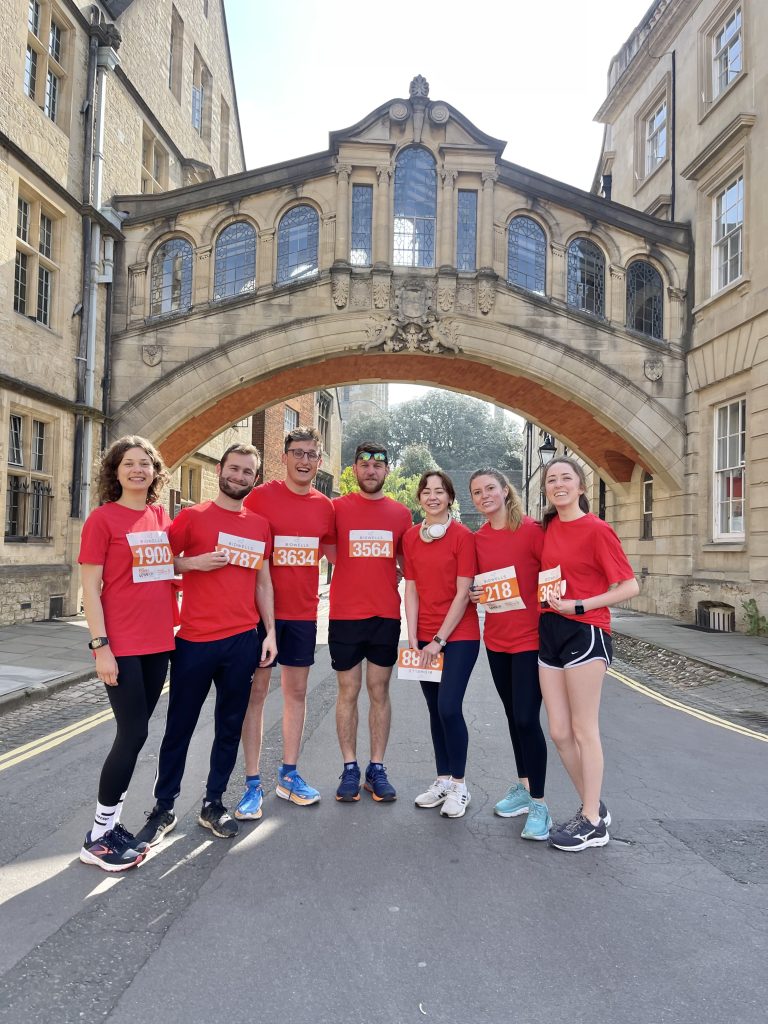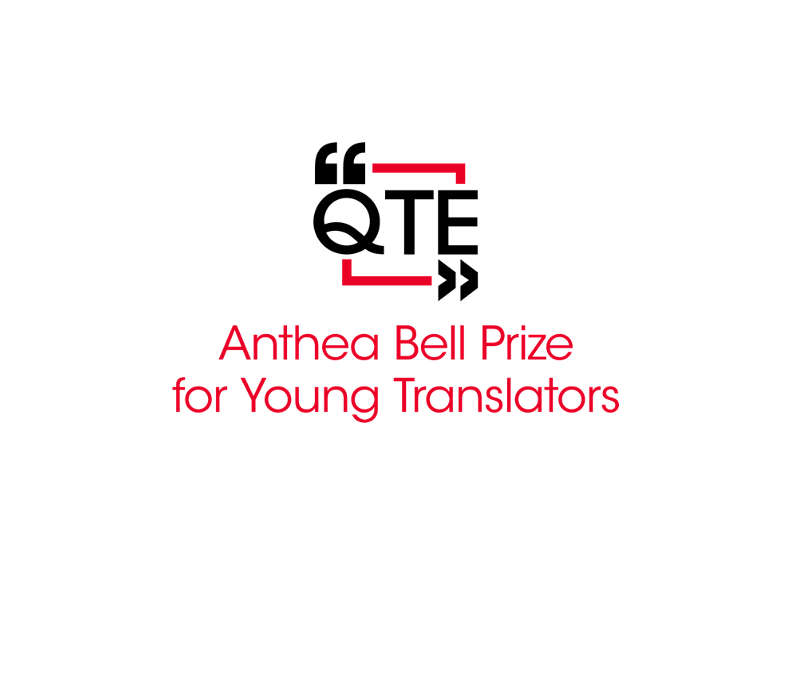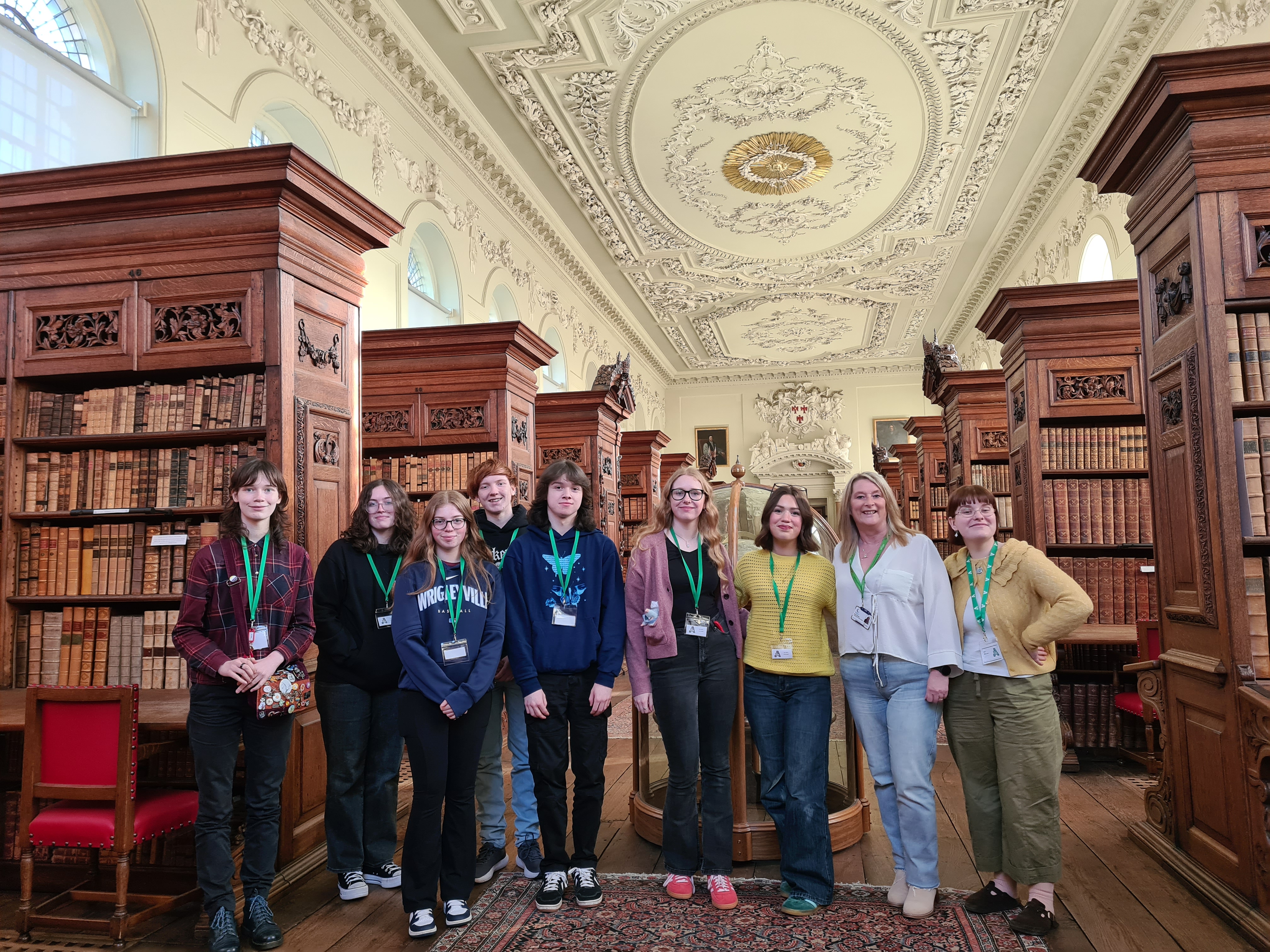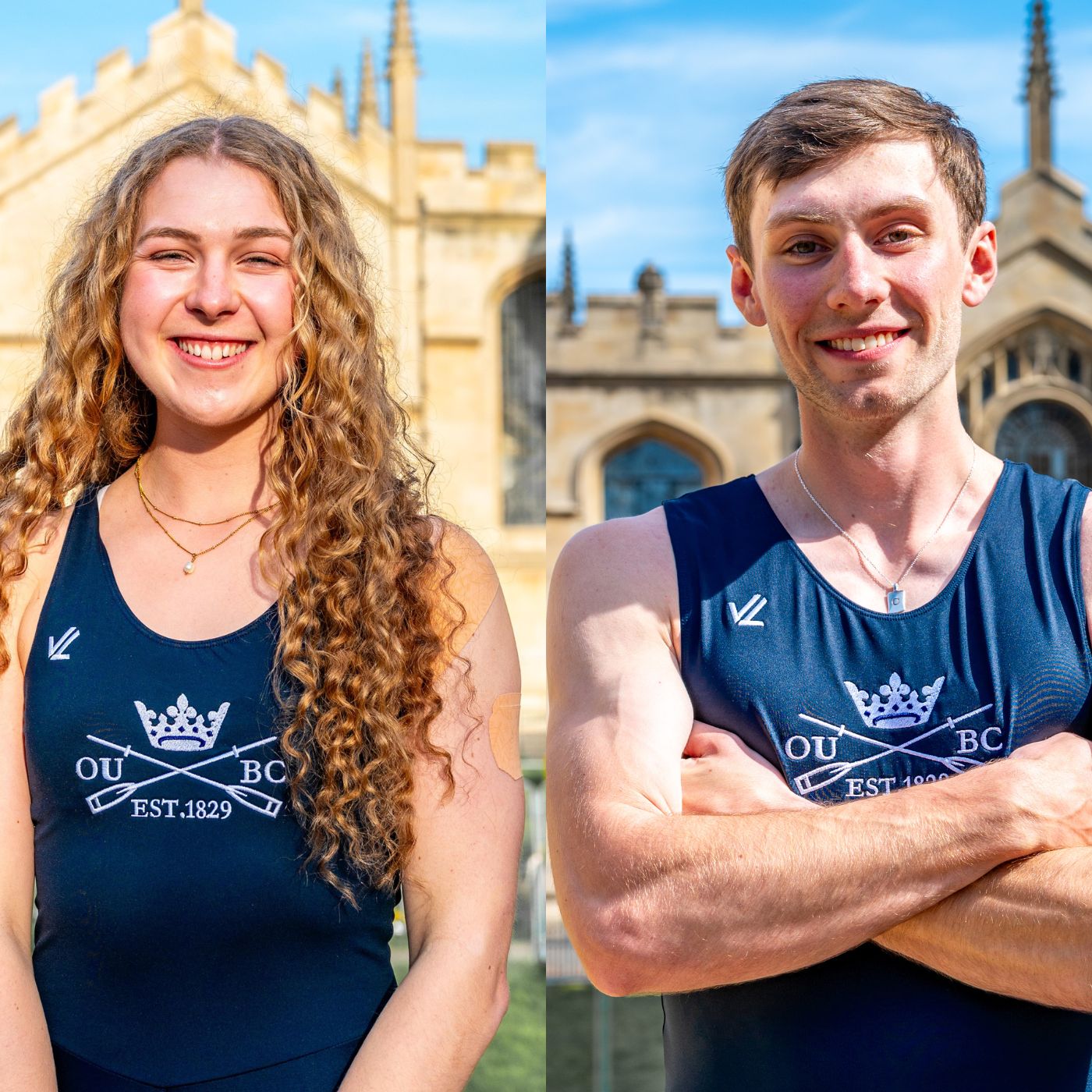Madison Poe is a member of the MCR reading for an MSc in Global Governance and Diplomacy. She has muscular dystrophy and was part of the College team which participated in the Town and Gown Race 2023, raising funds for research aiming to cure or find treatments for muscular dystrophy. We asked her to tell us a bit more about her experiences at Oxford.
Madison is pictured second from the right under the Bridge of Sighs on race day.
How does having muscular dystrophy (MD) affect your studies?
When it comes to my studies, MD affects me primarily in two ways. First, because my disease causes arm weakness, writing for long periods of time is physically difficult. Second, a significant issue with all muscle-wasting conditions is that they continue to get worse. Without an available treatment or cure, this knowledge is very mentally taxing, and the emotional toll can sometimes interfere with academic focus. That being said, though, I am a big advocate for seeking emotional support and finding ways to do things differently when limitations arise. In a sense, we are all disabled in a way and must find ways to overcome it. I like to think about aeroplanes–humans realised we didn’t have the physical capability to fly, so we built an aeroplane. In the same way, as I lose my physical abilities, I look for new ways to do the things I want to do. It is important to me that I don’t remain ‘disabled’ but rather become ‘differently abled’.
How can people help?
First and foremost, fundraisers like the Town and Gown race are critical. Money donated towards finding treatments or cures for diseases like mine is the most helpful for me in the long-term. With regards to daily life, since I am weaker than most people, it is nice when people help me with really physically laborious tasks or, with my arm limitations, assist with things above my head. I always really appreciate when people close to me perceive my needs and subtly do things for me that they know I find challenging. The most powerful lesson I have learned (and am still learning) since being diagnosed is the power of being willing to accept help.
What does the Oxford Town and Gown 10k race in support of Muscular Dystrophy mean to you?
It gives hope that life can get better. I am generally a very positive person and am confident I will make the most of my life, regardless of the challenges. However, the reality is that MD will continue to degrade my quality of life without treatment. Currently, there are no approved treatments or cures for my form of MD, but some are being studied in research trials. This research only happens when there is funding, so it cannot be overstated how important these events are. The Town and Gown raises money for research that has the potential to change my and many others’ lives, giving us hope for a better future.
The Town and Gown raises money for research that has the potential to change my and many others’ lives, giving us hope for a better future.
I particularly love that the Town and Gown is also a physical challenge, which represents well how MD affects people. I walked the race with some friends from my department, and a few members of the MCR ran it on my behalf. It meant a lot that they all were willing to put themselves in an uncomfortable position to raise funds for a cause important to me.
What do you wish you’d known before you started at Oxford?
When I moved to Oxford, I didn’t know what to expect and I didn’t have many concrete expectations. Being open-minded has, I think, made the discovery of new things, places, and ideas all the more exciting. The College and MCR, in particular, have been the most unexpectedly impactful. There is huge added value from interacting closely with people outside of your direct field of study and from different countries and cultures, which I think the Oxford college system facilitates well.
What advice would you give to someone considering applying to study at Oxford?
Just apply. Too often we limit ourselves or let what we think are impenetrable barriers stop us before we have even tried. Everyone has their own challenges, and those should be acknowledged, but I believe it is important to push what you think your limits are. I was diagnosed with MD at 19 when I was in my first year of undergrad. I was young, already confused about life, and then suddenly felt like the life I had imagined for myself was over. But I realised then that I had a choice: I could drop out of school and let my illness define me, or I could acknowledge that the illness was now a part of my life, but it didn’t have to define my life. I think I would encourage others to think about any challenges they face (like a daunting Oxford application) in the same way: don’t let your hardship, fears, or limitations make decisions for you, but try despite them and pursue what you want to pursue, even if it is hard.
What’s next for you?
I currently work part-time at the U.S. Agency for International Development and plan to return full-time after graduation.
What’s your favourite thing about Oxford?
Absolutely the people. I have met so many incredible people since arriving in Oxford, many of which I know are friends for life. Oxford’s international and interdisciplinary environment has been valuable for my academic and personal development and a great source of fun. My favourite thing has been learning from and interacting with people from different backgrounds, including sharing cultures, food, sports, and interests with new friends.
Oxford’s international and interdisciplinary environment has been valuable for my academic and personal development and a great source of fun.
And your favourite thing about Queen’s?
Second only to the MCR community, the gardens! I’m convinced Queen’s has the best gardeners in the country. On a beautiful sunny day, I love moving from inside the library to working outside in the garden.
You can support the research of Muscular Dystrophy UK by contributing to the funds raised by the College team at the Town and Gown race.
Thank you!
